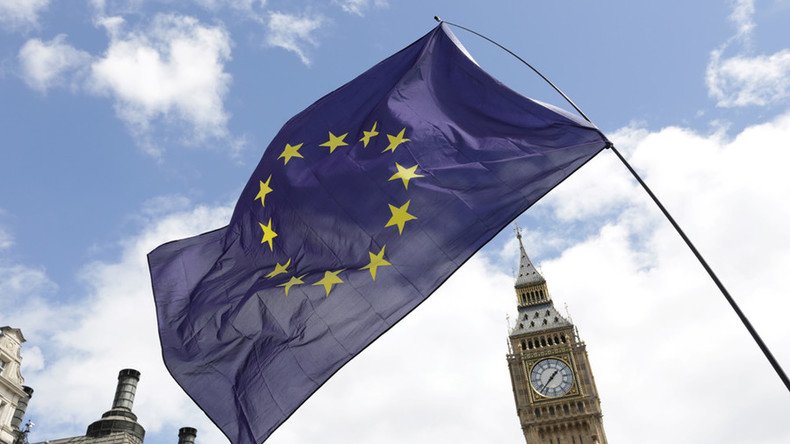EU single market membership may hamper UK trade deals

Britain should be "self-confident" about leaving the European Union, according to the Bank of England’s former governor Mervyn King. He said Brexit could be a success and could open "real opportunities" for economic reforms.
"I don't think it makes sense for us to pretend we should remain in the single market and I think there are real question marks about whether it makes sense to remain in the customs union,” King said in an interview with BBC’s Radio 4.
The former banker said Britain’s exit from the European Union could undermine the government's ability to sign trade deals with countries outside the block.
Britain's Prime Minister Theresa May and Trade Secretary Liam Fox recently said they wanted to agree on new trade agreements with non-EU countries as soon as possible after Brexit and have already started informal talks with some of them.
Britain would be better off economically completely out of the EU single market, King suggested.
"Being out of what is a pretty unsuccessful European Union - particularly in the economic sense - gives us opportunities as well as obviously great political difficulties."
Among the opportunities Brexit could provide, King named a chance to rework the system of agriculture subsidies, and to revise the relationship with the Republic of Ireland. The Irish border will be the only EU-UK land border after Brexit.
"I think the challenges we face mean it's not a bed of roses, no one should pretend that, but equally it is not the end of the world, and there are some real opportunities that arise from the fact of Brexit we might take," he said.
#Brexit negotiators want to offer Brits EU citizenship as individuals https://t.co/xSiIvWWjx0pic.twitter.com/bQXUQfCtoY
— RT (@RT_com) December 9, 2016
The former Bank of England’s head added the government should outline its policies on immigration "sooner rather than later" and that it would be a mistake to put the issue into the "basket" to be negotiated once Article 50 is triggered.
Prime Minister May plans to trigger Article 50 of the EU's Lisbon Treaty by the end of March, beginning the two-year withdrawal period.












